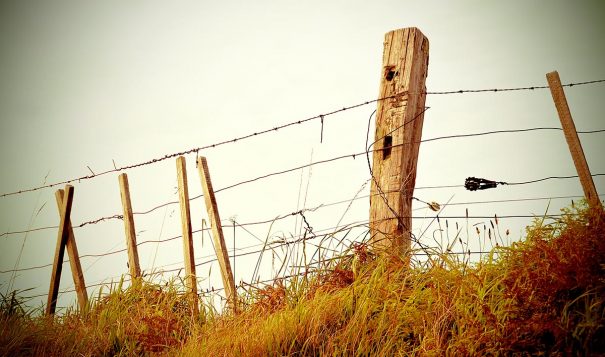
BY MALLORY BLACK
StrongHearts Native Helpline
No one expects to find themselves in an abusive relationship. Most relationships begin in a good way with kind words and compliments, but they can turn harmful and emotionally abusive at any time.
Emotional abuse is a type of domestic violence that often flies under the radar, but it should always be taken seriously as a form of abuse. When emotional abuse is present in a relationship, a partner will criticize, threaten or isolate their partner as a way to manipulate and control them. Emotional abuse can be degrading, humiliating and terrifying, often leaving long-lasting scars on one’s spirit and self-esteem.
So, how do you know if you’re in an abusive relationship? What can you do when a loved one is being emotionally abused? Let’s start with recognizing the tactics of emotional abuse.
SIGNS OF EMOTIONAL ABUSE
In an intimate relationship, emotional abuse can look like when a partner:
● Constantly calls you hurtful or degrading names, insults you or criticizes you
● Acts extremely jealous or possessive of you
● Humiliates you in any way, or shames you
● Isolates you from your family, friends or community
● Blocks you from making new friends or joining social groups
● Ignores your presence for several hours, days or weeks
● Refuses to listen, speak or respond to you (ex. silent treatment)
● Explodes in anger toward you or is constantly angry at everything you do
● Pressures you to commit and becomes angry or sulks when you don’t commit
● Threatens to hurt you or themselves, or uses weapons to scare you
● Threatens to hurt your children, family members or pets
● Threatens to take your children away from you or call child protective services (CPS) on you
● Repeatedly lies about where they are, what they’re doing or who they’re with
● Calls you “crazy,” “too sensitive,” or denies abuse is happening when confronted (ex. gaslighting)
● Cheats on you or flirts with other people to intentionally hurt you
● Accuses you of cheating in the relationship
When emotional abuse is present in a relationship, you may feel off-balance, like you’re walking on eggshells, or question your judgment more than usual. This is because an abusive partner uses harmful behaviors like the tactics above to manipulate and control their partner so they feel powerless. That’s why it is so important to trust your instincts when your partner does or says something that doesn’t feel right to you.
Emotional abuse is extremely dangerous and detrimental to a person’s wellbeing and often has lifelong psychological effects. An abusive partner’s behavior is likely to escalate as time goes on, and they will often use emotional abuse in combination with other abuse types and tactics to obtain and maintain power in the relationship.
People in abusive relationships tend to blame themselves for the abuse or believe they must have done something to deserve the criticism or attacks. No one ever deserves to be abused. And no matter the abusive partner’s reasoning for the abuse, domestic violence goes against our traditional ways as Native people. It is never acceptable to hurt a partner or spouse in any way.
IS ARGUING ABUSIVE?
In every relationship, partners can expect to disagree from time to time. Arguments are a normal part of any relationship, but abusive behavior is not.
In a healthy relationship, each partner must commit to being honest, communicating, and trusting the other person. Each partner must work to maintain healthy communication and avoid hurting the other person emotionally, spiritually and physically. Above all, each partner must show respect in the relationship, especially when disagreements arise.
In an abusive relationship, any disagreement can escalate into emotionally or physically abusive behavior. Remember, there is never an excuse for abuse.
GETTING HELP
Recognizing the signs of emotional abuse is the first step to getting help. If you or someone you know is being hurt in your relationship, know that you are not alone. There are people who want to support you, including advocates at the StrongHearts Native Helpline.
By calling 1-844-7NATIVE (762-8483), you can connect anonymously with a Native advocate who can offer a listening ear and support with whatever is happening in your relationship. You can share as much as you feel comfortable, and our advocates will listen without judgment or blame.
STRONGHEARTS NATIVE HELPLINE
The StrongHearts Native Helpline is available daily from 7 a.m. to 10 p.m. CST. Advocates also offer crisis intervention, assistance with finding ways to stay safe, and a connection to Tribal and Native domestic violence resources, if needed. We can also assist concerned friends or family members with ways to help a loved one who is being abused, as well as people who are worried they might be abusing their partner.
It can also be incredibly helpful to lean on family members and your cultural roots for support. Never forget that you have the strength and courage of your ancestors, too, who dreamed of a world where every one of their relatives would live in safety, happiness and in harmony. You deserve to feel safe in your relationship, no matter what.

